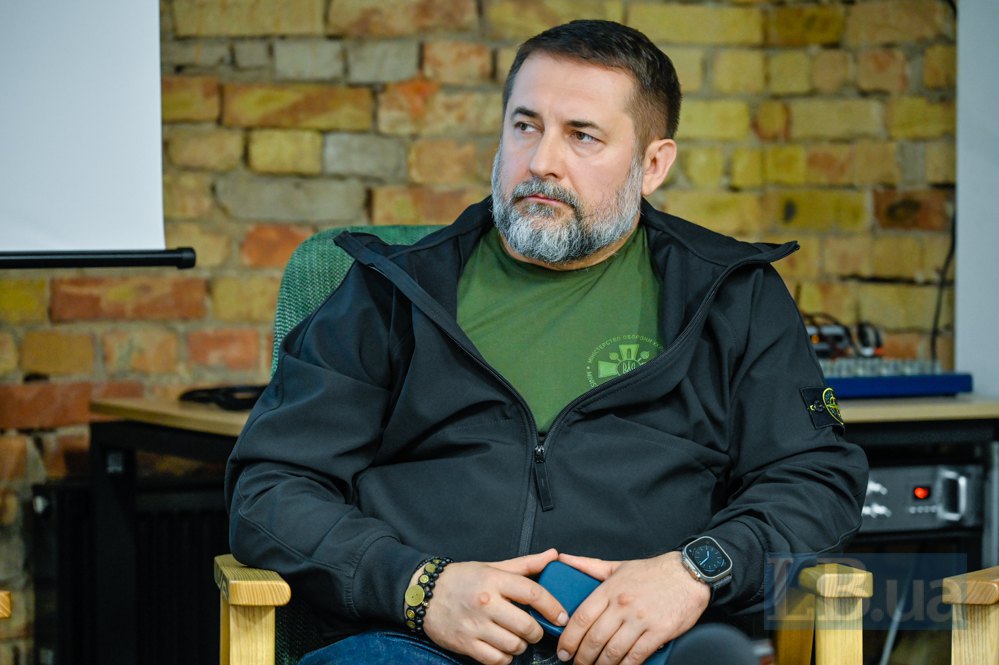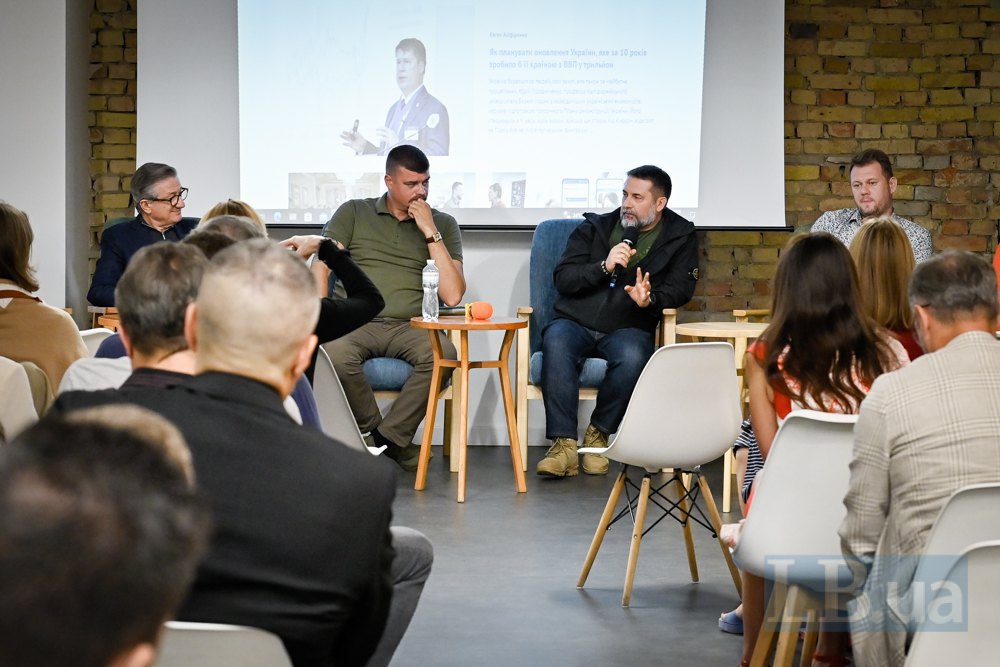
"Bilokurakyne, Svatove, Starobilsk, Novopskov communities occupied in the first two days after 24 February took to the streets with Ukrainian flags. And this is a clear indicator that the Ukrainian government was doing everything right, but not 100%," said Hayday. In his opinion, the information war in this territory has been "completely lost".
"From the first day, when you drive across the contact line, in all settlements, when you switch on the radio, you hear Zvezda, Pobeda, Krasnaya Armiya, Russia [stations] – anything but Ukrainian content. It's the same with television. In rural areas, unfortunately, everything is tuned to Russia: NTV, Channel One, from where they got propaganda information directed against Ukraine," said the former head of the Luhansk regional military administration. That is why, he adds, a civil-military administration should remain in place for the next five years after de-occupation – there can be no question of any elections.
"In 2021, during my term of office, law enforcers neutralised two subversive groups consisting of boys aged 20-21. These were residents of Luhansk Region, which was occupied in 2014. That is, from the age of 14, the boys had been brainwashed, and seven years later they came to kill us," said Hayday. He added: "This is telling. In 5-7 years, we will also be able to do something to change the minds of the people who stayed there."
He also believes that it is imperative to adopt a law that provides for punishment for those residents of the occupied territories who collaborated with the enemy.
"If there is no law, there will be another 'law'. 100%. "In 2021, we built the Bell of Remembrance, but in the press release we wrote 'Bell of Reconciliation' – it was almost demolished. It was just horrible. And now our teachers who evacuated from occupied Luhansk Region, in addition to teaching children, weave camouflage nets in the evenings. And they know that their colleagues there [in occupied territories] work in schools – they will tear them up when they return. That's why the law comes first," Hayday pointed out.

As for the economic component, he is confident that it is too early to say which cities will not be restored, but agrees that it does not make sense to rebuild old Soviet-era industry.
"You need common sense in everything. This approach will give maximum results. For example, there is no point in restoring Azot [Severodonetsk-based ammonia maker] as it was – it is a Soviet monster that is economically unprofitable. But we cannot say now that we will not restore any settlements," he argued. Instead he suggested moving from large cities to small ones, so that it will be clear whether some of them need to be restored or not.
He also agreed with the current head of the regional military administration, Artem Lysohor, that the region's residents who evacuated to the government-controlled territory want to return home.
"Some 180,000 Luhansk residents have travelled to all regions of Ukraine. The first and foremost question I am asked by those who have left, if I meet them somewhere, is when they can return home. There are a lot of people who are ready to return. Plus, let's not forget that Europe will be cutting all social programmes. There is a small percentage of people who have found themselves there, businessmen, who may stay. But a huge number of people without European social packages will return," he predicted.
National self-identification should become a unifying factor for the whole country, and for this purpose it is necessary to abandon the residual principle of financing culture. "As long as this continues, only Russians will unite us," Hayday concluded.








